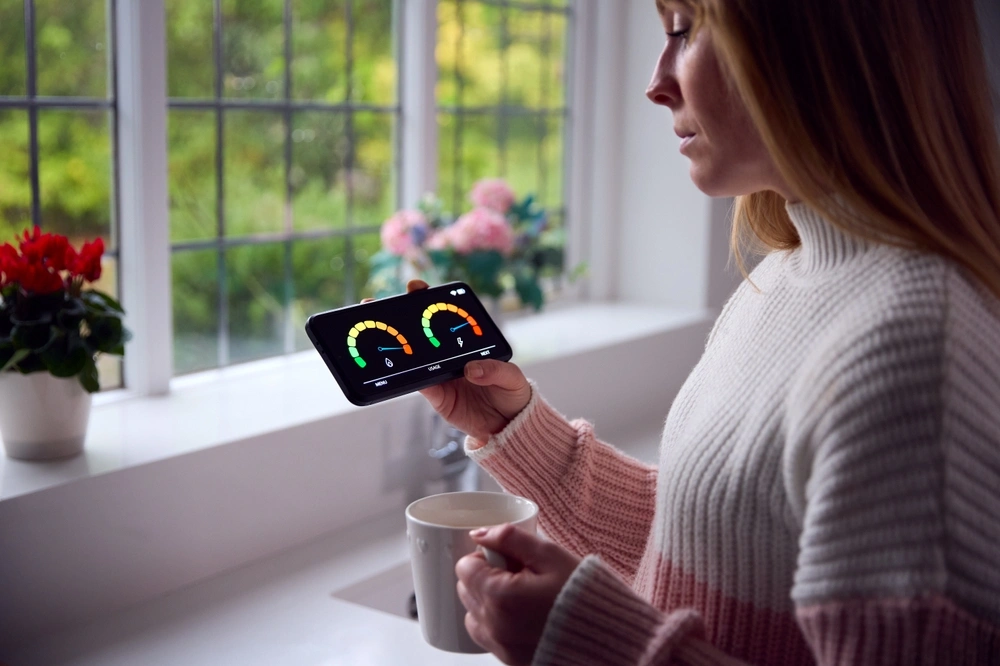As part of your mortgage application, your lender or mortgage broker will work out whether you’re a suitable mortgage customer.
One way they do this is by asking questions about your current financial situation. This lets them work out how much you can afford to pay towards your mortgage each month once your income and current outgoings are taken into account. This interview can take place face-to-face or over the phone.
Whether you’re a first-time buyer or you haven’t applied for a mortgage for several years, there’s no need to worry. But it does pay to be prepared, and this may mean taking steps to give yourself the best chance of being accepted a few months before your interview.
Let’s take a closer look.
What happens at a mortgage interview?
Following rules set out by the 2014 Mortgage Market Review (MMR), lenders need to make sure that they only lend to those who can afford to pay back their mortgage, and that borrowers can reasonably afford to meet their repayments.
To comply with this, lenders ask in-depth questions about your income and outgoings. This lets them gather information and form an understanding of what you can realistically afford to pay back each month.
By doing this, lenders can be confident that if interest rates increase or you have a variable rate mortgage, your repayments should not be affected.
Questions you could be asked
Every lender looks for something different but one thing they’ll all do when you’re applying for a mortgage is carry out an affordability check. This gives the lender an insight into the money coming into your account, from either your job or benefits, and how much money you have going out. If you’re applying for a joint mortgage, both you and your partner’s finances will be looked at.
Lenders want to be reassured that you can comfortably afford your monthly mortgage repayments. They’ll examine your spending habits as well as your regular payments such as your utility bills to get an idea of whether you’ll be able to afford your payments as well as your other commitments.
So it’s not just your bills you’ll be asked about during a mortgage interview. You’ll also likely be quizzed on your lifestyle choices, which can seem intrusive. But it lets lenders work out how much you’ll have left each month to pay towards your mortgage.
Lenders may ask how much you spend on childcare, socialising, haircuts, groceries, clothing and footwear, eating and drinking out as well as your mobile phone contract and gym membership. They’ll also take into account your other financial commitments like your credit card or loan repayments and your student loan repayment each month.
Of course, your financial situation could change, and this is also something they’ll consider. If you’re spending close to your full income every month, they may be wary of lending to you because if your income fell or you got another expense, you’d struggle to pay for everything.
Don’t forget about your credit history
Another thing that lenders will check as part of your mortgage application is your credit history. So, as well as seeing what you can afford to spend each month, they’ll also look at how well you’ve managed your borrowing in the past. Your credit history is a record of all your borrowing activity over the last six years or so. It will include any missed or late payments or any other negative marks such as a County Court Judgement (CCJ). These can all go against you when applying for a mortgage. This is why it’s important to make sure it’s in good shape before submitting your mortgage application.
If you’re a first-time buyer and haven’t borrowed any type of credit before, don’t make the mistake of thinking your credit history is perfect. If you’re planning to apply for a mortgage and you’ve never borrowed, you might think about applying for a credit card with a low credit limit. You can then use this for a few months – always making at least the minimum payment and more if possible – to build up your credit history.
Should a lender turn down your mortgage application, this will leave a mark on your credit history. It’s therefore worth not only taking steps to give yourself the best chance of success, but also shopping around for a mortgage for which you’re eligible.
Ocean’s affordability checker can help you work out what mortgage you can afford. Head here to find out more.
How to prepare
Check out our top tips for preparing for your mortgage interview:
- If it’s your first home, you’ll need to have a deposit saved.
- If you’ve never borrowed, consider taking out a credit card a few months before you apply for a mortgage to build up your credit history.
- Check your credit history for free to check there’s nothing that could stand against you. If you spot an error, get it corrected.
- Work out what you can afford to borrow using a mortgage affordability calculator.
- Cut down on your non-essential spending a few months before you apply. This includes things like trips to the hairdresser and meals out.
Disclaimer: We make every effort to ensure that content is correct at the time of publication. Please note that information published on this website does not constitute financial advice, and we aren’t responsible for the content of any external sites.








